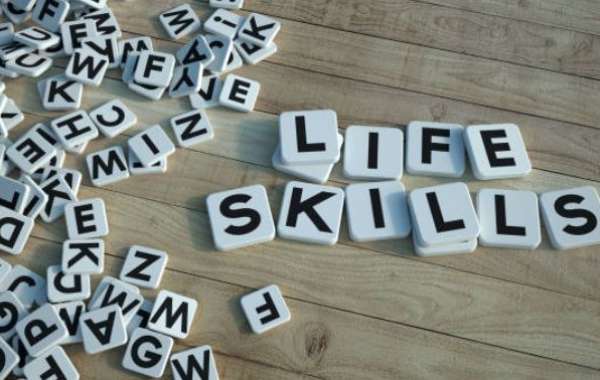Living skills are essential abilities that children need to develop to become self-sufficient and confident adults. These skills encompass a wide range of activities and behaviors that help individuals manage their daily lives effectively. From basic hygiene to financial literacy, living skills lay the foundation for a well-rounded and successful life.
Developing Independence
Daily Routine Management
Teaching children how to manage their daily routines is a crucial part of developing living skills. This includes understanding the importance of personal hygiene, such as brushing teeth and bathing regularly. Children also need to learn how to prepare simple meals, clean up after themselves, and organize their belongings. These tasks help children become more self-reliant and less dependent on adult supervision.
Financial Literacy
Financial literacy is another vital aspect of living skills. Children should learn the value of money, how to budget, and the importance of saving. Introducing concepts such as earning an allowance, spending wisely, and setting financial goals can set the stage for responsible money management in the future. These skills are crucial for avoiding debt and achieving financial stability as adults.
Social and Emotional Skills
Communication and Interpersonal Relationships
Living skills also include the ability to communicate effectively and build healthy relationships. Children need to understand how to express their thoughts and feelings clearly, listen to others, and resolve conflicts amicably. These skills are essential for forming strong interpersonal relationships, both personally and professionally.
Emotional Regulation
Teaching children how to manage their emotions is a critical component of living skills. They need to learn strategies for coping with stress, anxiety, and frustration. Techniques such as deep breathing, mindfulness, and positive self-talk can help children navigate their emotions more effectively. This emotional resilience is important for overall mental health and well-being.
Practical Life Skills
Time Management
Effective time management is a key life skill that helps individuals balance their responsibilities and leisure activities. Children should learn how to prioritize tasks, set goals, and manage their time efficiently. These skills are essential for academic success and are equally important in the workplace and personal life.
Problem-Solving and Critical Thinking
Developing problem-solving and critical thinking skills enables children to handle challenges and make informed decisions. Encouraging children to think creatively, analyze situations, and consider different perspectives fosters a growth mindset. These abilities are crucial for navigating the complexities of life and achieving long-term success.
Conclusion
Life skills are foundational competencies that every child needs to develop to lead a successful and fulfilling life. By teaching children how to manage their daily routines, handle money responsibly, communicate effectively, regulate their emotions, and solve problems, we equip them with the tools they need to thrive. Investing in the development of these skills from an early age ensures that children grow into confident, independent, and resilient adults.




